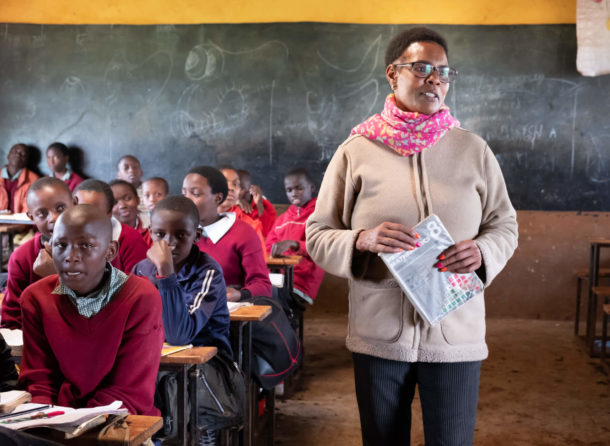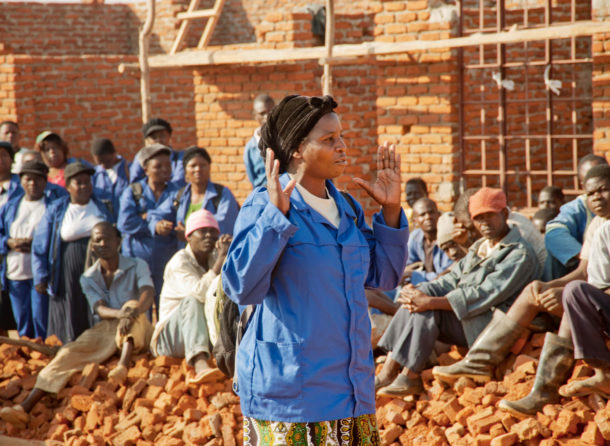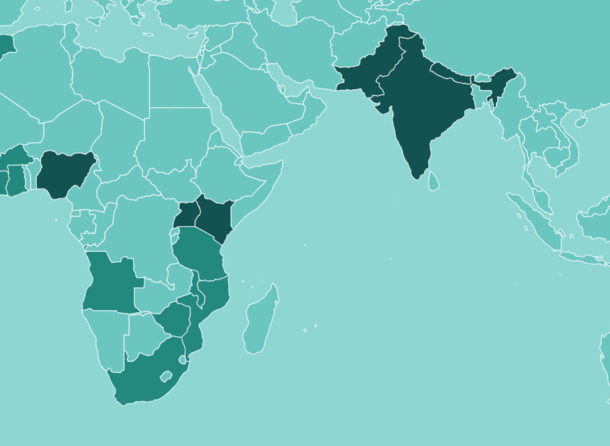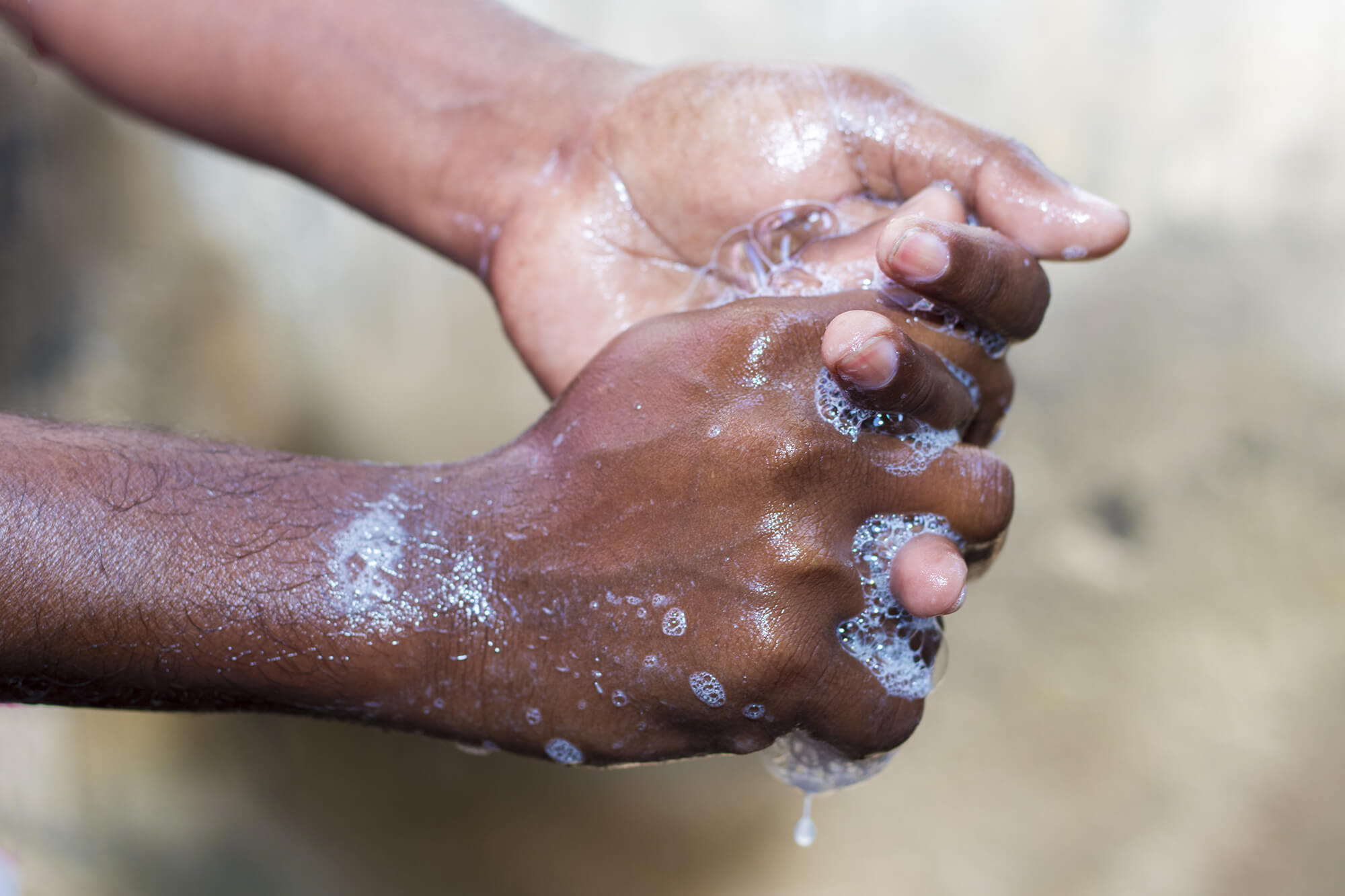
Water and sanitation
Covid-19 has highlighted that decent, sanitary and affordable homes with running water, clean energy and enough space are a frontline defence against the health and economic impacts of pandemics.
Investing in the construction of climate-smart affordable housing must be prioritised to meet the needs of low-income households across Africa and Asia.
Urbanisation will widen the gap between demand for water and supply
The proportion of urban residents with piped water in Sub-Saharan Africa has declined over the last 30 years due to urban growth. Rising urbanisation will continue to widen the gap between the demand for water and available supply. Distribution of water will also be affected by climate-induced water stresses.
As 2.1 billion people globally lack safe water at home, unlocking fully serviced climate-smart affordable housing at scale will improve health in a way that is enduring, commercially viable and financially sustainable. Women and girls particularly benefit from this as in-home clean water supply unties women from water collection, improving their health, freeing up time to engage in income generation, and reducing risks of violence.
Reall ensures that all housing we invest in is equipped with services
Reall ensures that all housing we invest in is equipped with a full set of basic services, including water and sanitation, electricity, waste collection, and access to infrastructure. Reall’s partners are also working to facilitate strategic systematic changes within supply chains to build community infrastructure and innovation in priority countries.
Impact evaluations have found that residents living in Reall projects have increased access to clean water and sanitation, along with improvements in their health. Homeownership has impacted significantly on the increased quality and availability of services. This has been especially transformative for households in India and Kenya, as many occupants previously lived in very poor housing conditions with limited access to clean services. Many residents agreed that their family’s health had improved significantly, especially for women and girls, largely due to improved water and sanitation.
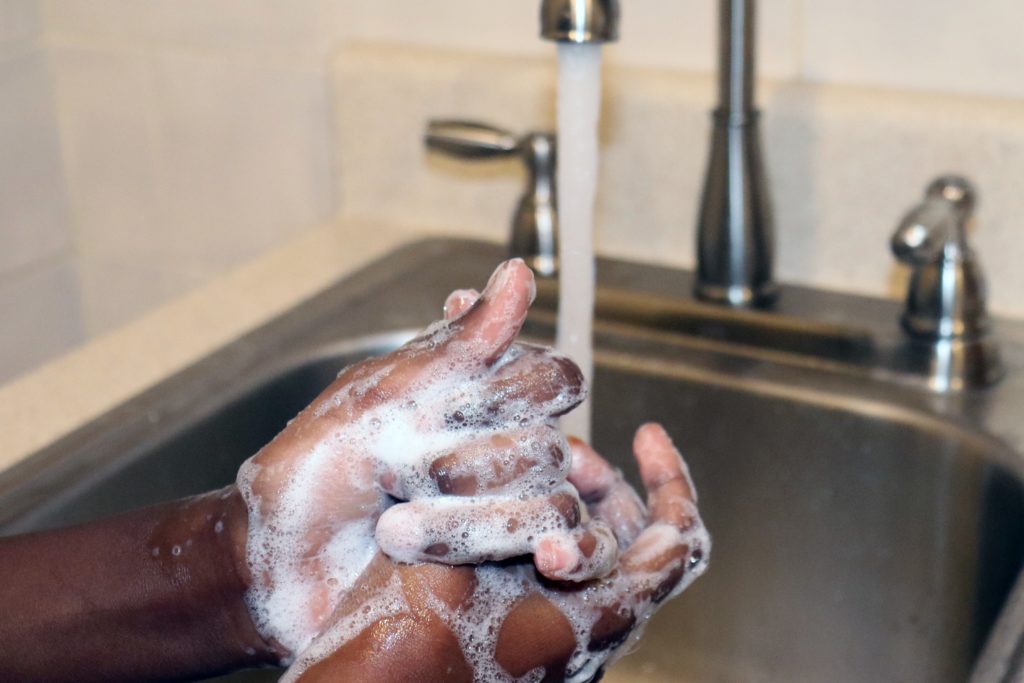
Explore the Data Dashboard
Read More

